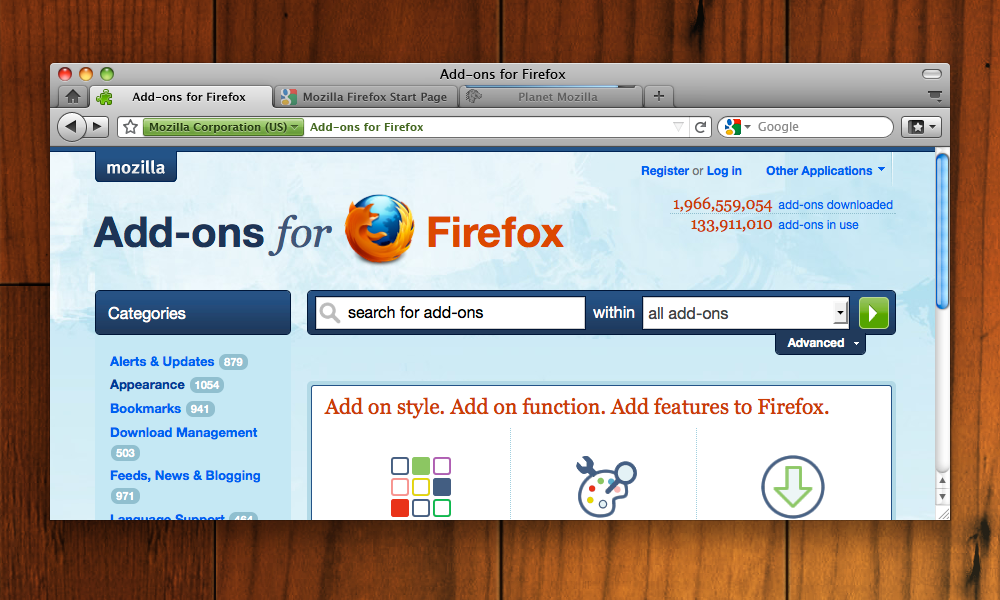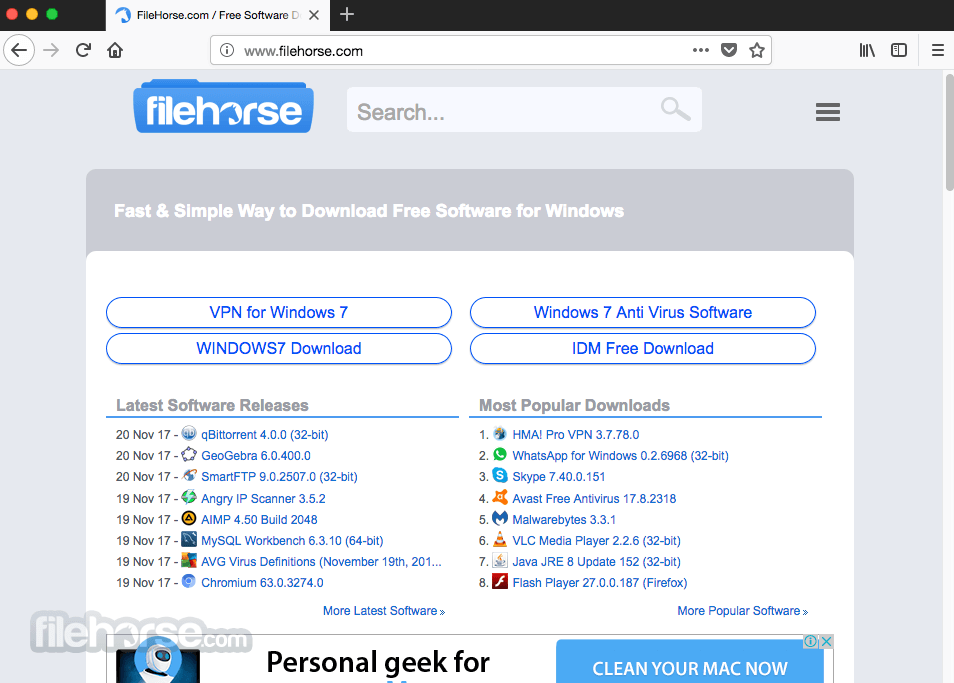

Google hasn’t been alone at leaving behind older versions of Mac OS X.

Posted by Marc Pawliger, Director of Engineering and Early Notifier If you are still on one of these unsupported platforms, we encourage you to move to a newer operating system to ensure that you continue to receive the latest Chrome versions and features. Starting April 2016, Chrome will continue to function on these platforms but will no longer receive updates and security fixes. Today, we’re announcing the end of Chrome’s support for Windows XP, as well as Windows Vista, and Mac OS X 10.6, 10.7, and 10.8, since these platforms are no longer actively supported by Microsoft and Apple. Such older platforms are missing critical security updates and have a greater potential to be infected by viruses and malware. At that time, we strongly encouraged users on older, unsupported platforms such as Windows XP to update to a supported, secure operating system.

Those were release in August 2009, July 2011, and July 2012, respectively, with Mountain Lion last updated in October 2013, so between them they were current for a period of more than four years and the most recent version was updated just 2-1/2 years ago.Īnyhow, here’s what Google has to say about it:Įarlier this year, we announced that Google Chrome would continue support for Windows XP through the remainder of 2015. This time Google isn’t just leaving behind one or two versions of OS X – it’s dropping OS X 10.6 Snow Leopard, 10.7 Lion, and 10.8 Mountain Lion. 2014) left behind 32-bit only Macs (Core Solo and Core Duo models from 2006), although it worked just fine on 64-bit Macs running OS X 10.6 Snow Leopard. Google Chrome 5.0 (May 2010) was the first version available on Macs and Linux previous versions were Windows-only. It never supported OS X 10.4 Tiger and initially required OS X 10.5 Leopard, which it abandoned on Sept. For some of us, that is coming to an end in April. One of the great benefits of Apple moving to Intel CPUs is that we have access to Google’s Chrome browser, which rapidly displaced Firefox as the alternative browser of choice among Windows users after its release in Sept.


 0 kommentar(er)
0 kommentar(er)
